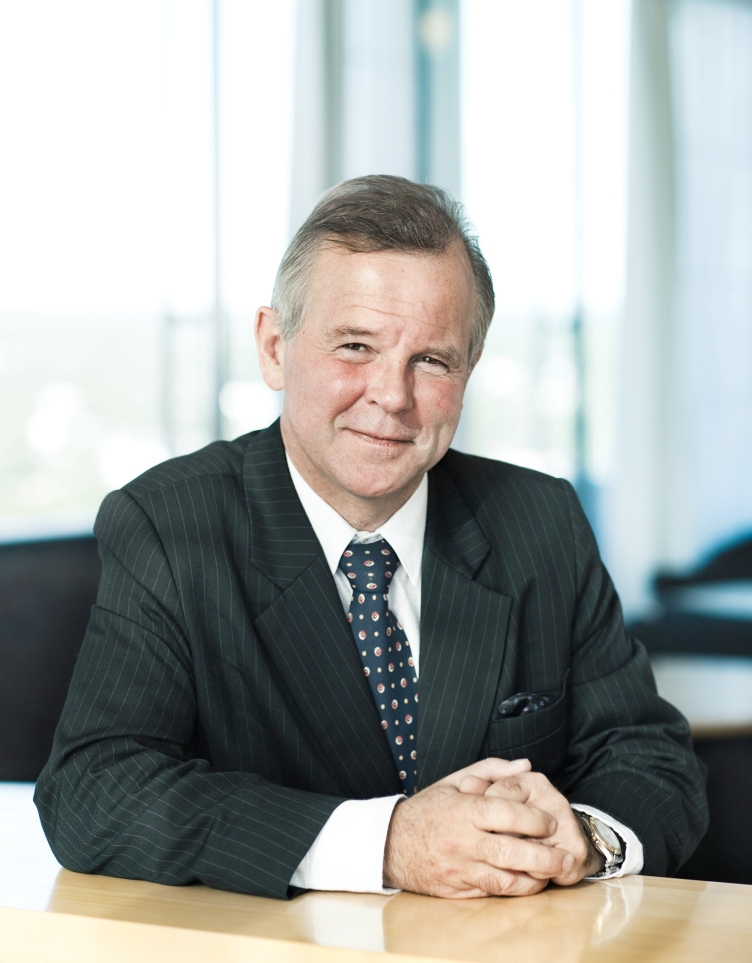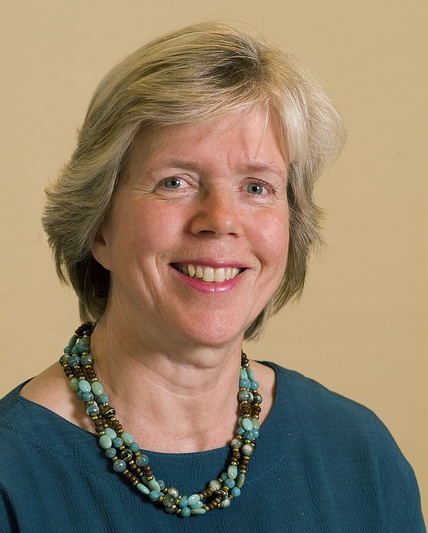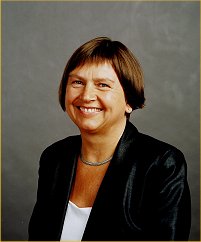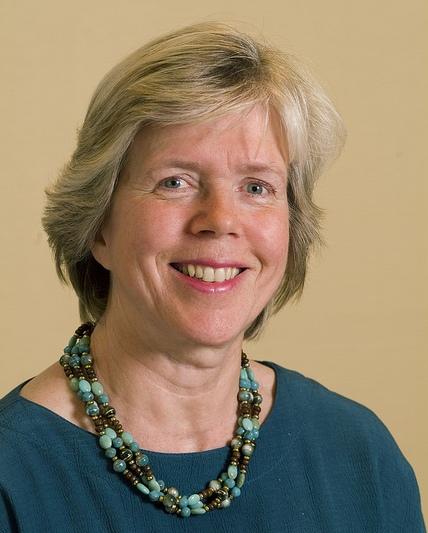“An important initiative”
The rectors of Norwegian universities and university colleges welcome the Research Council’s new initiative to promote women in research.
The Research Council’s new initiative to recruit women to high-level positions and research management has been named BALANSE (“balance”). Plans call for the project to span a seven-year period – from 2012 to 2018 – and to have a start-up budget of NOK 20 million.
“This is an extremely important initiative,” says Kari Melby, Vice-Rector of the Norwegian University of Science and Technology (NTNU).

Ole Petter Ottersen, Rector of the University of Oslo, is also satisfied with the initiative.
“Institutions and academic communities may face different challenges in their efforts to improve the gender balance, but in addition to the activities already underway, it is crucial that a key organization such as the Research Council addresses the challenges common to the sector and establishes guidelines to strengthen and more consistently integrate the gender-equality dimension in higher education. The Research Council is responsible for a large share of the research funding allocated to the sector and is therefore a central player that wields considerable influence over the research institutions with regard to these efforts,” says Ottersen.
Three-part initiative
In 2003, a project to earmark academic positions for women was stopped by a ruling of the EFTA Surveillance Authority. This is the Research Council’s most ambitious initiative on women since that time. The project was approved by the Executive Board of the Research Council in November 2010, but the Research Council is dependent on funding from the Ministry of Education and Research to implement its plans. The initiative consists of three main parts.
The first is a grant scheme to assist women with obtaining qualifications beyond the post-doctoral level. This scheme will also be used to stimulate mobility between academia and the business sector, as well as across national borders. The second part is designed to increase the proportion of women in research management and to strengthen research directors’ expertise in gender-equality leadership, regardless of their gender. The third part will enhance insight into the mechanisms that influence women’s decision to drop out of the research sector rather than pursue upper-level positions. The challenge related to temporary positions will be one of several issues explored.
Grants
Inga Bostad, Vice-Rector of the University of Oslo, is pleased about the grant scheme for women above the post-doctoral level.
“This project corresponds well with the measures we have established in our action plan for gender equality. The big obstacle lies in the transition from a post-doctoral to a permanent position. A general problem in the sector is that there are too few positions. The problem will not be addressed at this stage, but these grants will be beneficial and important nonetheless,” says Bostad.
“The initiative’s plan to study the mechanisms of drop-out is also very interesting for us. Some departments at the University of Oslo have begun their own investigation of this issue. The Faculty of Theology is looking into why the women drop out, while at the Faculty of Education it is the men who leave,” says Bostad.
The leadership at the University of Oslo also believes it is important that the Research Council’s initiative is not too limited and that the institutions confirm they will not cut their budgets for the project during the period. They also believe that the project must be coordinated with the intensive initiative to recruit women to mathematics, natural sciences and technology.

Kari Melby of NTNU thinks that the grant scheme is an outstanding idea.
“It is a fact that the transition from a recruitment position to a permanent academic position is more difficult for women than for men. A grant scheme may be the best instrument for addressing this. It is also very important to increase the knowledge base to ensure we have a research management that is oriented towards gender equality,” Melby asserts.
She emphasizes that the initiative may be particularly crucial for NTNU since the university has special challenges related to gender equality.
“It is a challenge for the entire higher education sector that the proportion of women declines the farther up the career ladder one goes. In this regard NTNU lies somewhat lower than the average within the sector at all levels. This is why all measures that can improve the gender balance among research managers and higher level academic staff are important for us. They give support to our own ambitious goals,” says Melby.
She explains that the reason NTNU has a gender-equality challenge is that the university’s main profile focuses on the natural sciences.
“A beneficial project”
Sigmund Grønmo, Rector of the University of Bergen, also applauds the Research Council’s new initiative.
“I think it’s excellent that this initiative was launched. Both the focus and the design are positive,” says Grønmo. He points out that he hopes the project will improve the funding opportunities for gender-equality projects at the University of Bergen as well as within the sector as a whole.

Sissel Østberg, Rector of Oslo University College, also believes the initiative is an excellent one.
“This is fantastic,” says Østberg.
She emphasizes that Oslo University College would also benefit from a grant scheme below the post-doctoral level that would encourage women to study at the master’s and doctoral levels in subjects where women are underrepresented. On 1 August 2011, Oslo University College and Akershus University College will merge.
“I believe the Research Council’s project will be beneficial when we draw up a new plan for gender equality in connection with the merger,” says Østberg.
“Relevant for us”
In January 2011, Bergen University College received the Gender Equality Award from the Ministry of Education and Research. Rector Eli Bergsvik says that the Research Council’s initiative serves as an inspiration for their further efforts to promote gender equality.

“This will motivate us to continue our work – strategically, scientifically and financially,” says Bergsvik.
She says she believes that the Research Council’s initiative has what it takes to change the gender balance within the sector.
The Research Council’s initiative targets the grants at the level above post-doctorates. Bergsvik thinks it would have benefited Bergen University College if the grants also could be awarded at the post-doctoral level and if Bergen University College could also offer post-doctoral research fellowships.
“These positions are important in the process of qualifying for higher academic positions, and this would have been a useful instrument for us.”
Bergsvik also has a recommendation for the new initiative.
“The Research Council’s strategy on internationalization states that the institutions should strengthen their international research cooperation. It would also be a good idea to encourage the institutions to ensure that both genders are represented in research groups. This is one way that women can also qualify for research management,” says Bergsvik.
The leadership of the University of Oslo also believes that the Research Council must focus on a stronger and more consistent integration of the gender-equality dimension in research and that it should work to ensure that gender equality is integrated into all project proposals, regardless of the subject area or research programme concerned.
Translated by Connie Stultz.
The Research Council's Initiative on Gender Balance in Senior Positions and Research Management (BALANSE) has its own webpages, which were launched in March 2011.
